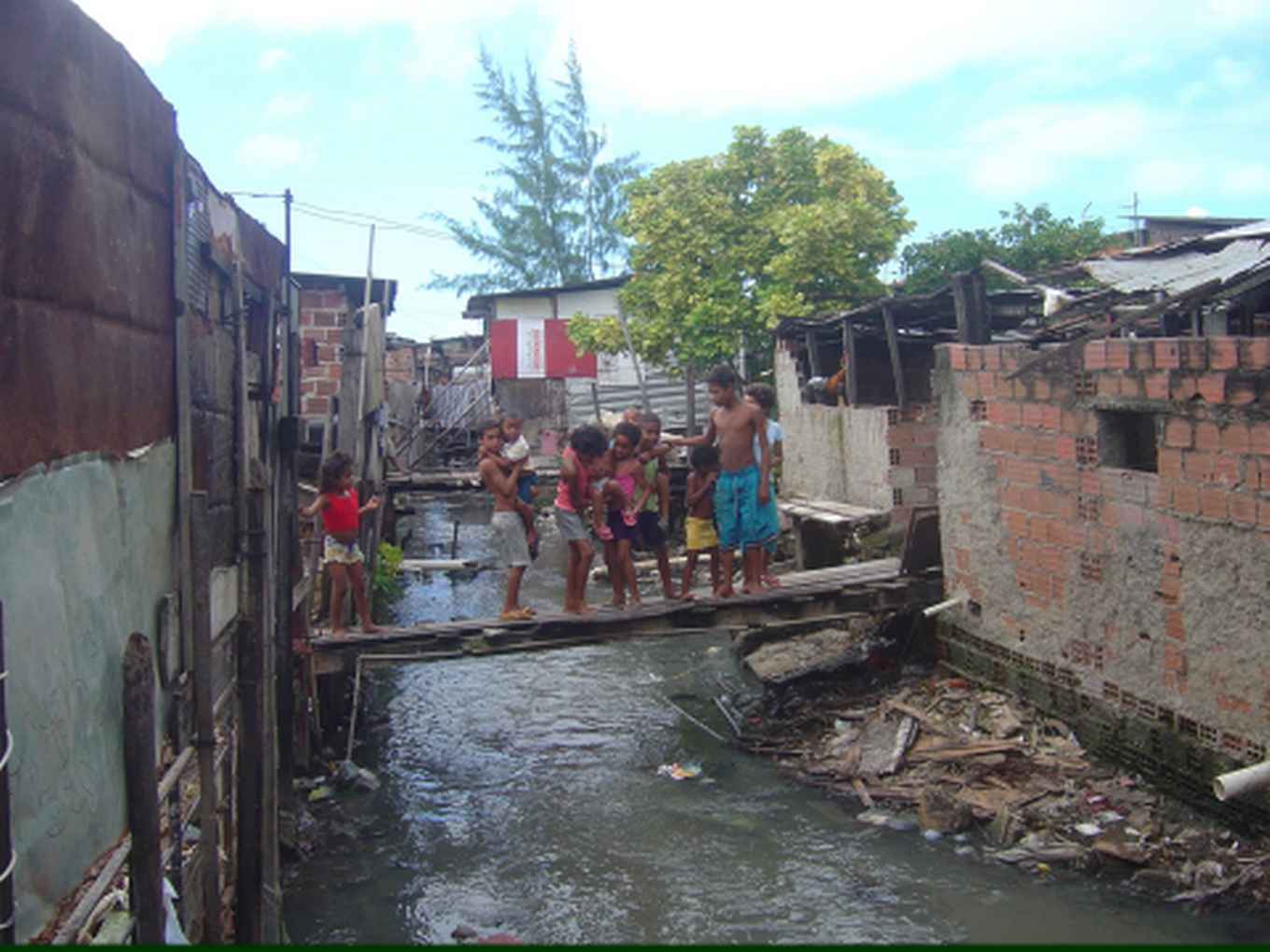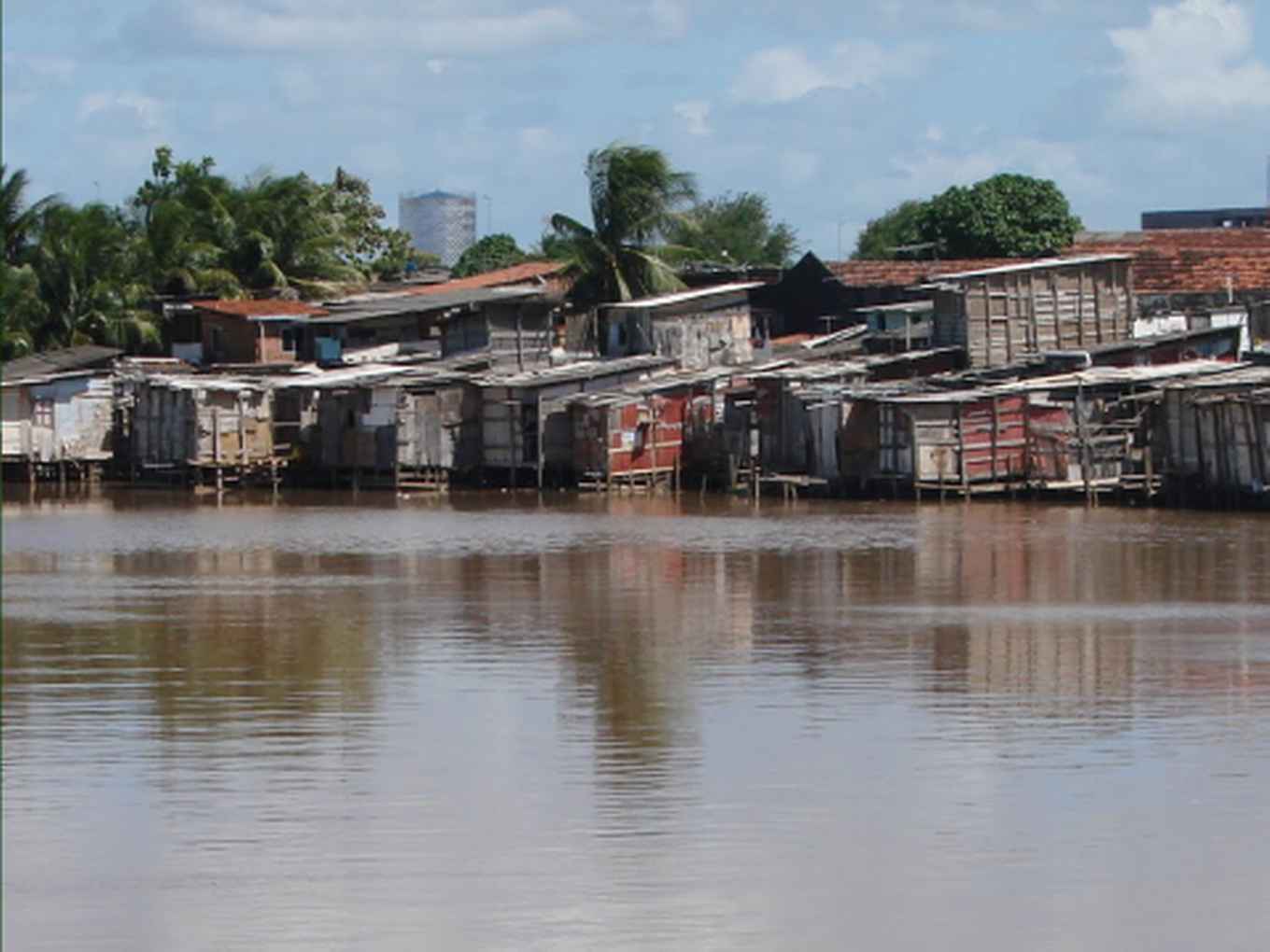Assembling participatory urban governance - by Martijn Koster
An ethnographic study from Recife, Brazil

Recife is the capital of the state of Pernambuco, in the North-eastern region of Brazil. The city, with an estimated 1.7 million residents in its municipality and 4.0 million residents in its metropolitan region, is known to be one of the least affluent cities in Brazil. Since 2003, I conducted 22 months of ethnographic fieldwork in Chão de Estrelas, one of the marginalized urban areas in the north of the city, where I also lived for 18 months.
(Participatory) governance
Building on critical urban studies and the anthropology of the state, I analyse how urban governance evolves around and affects the city’s low income neighbourhoods or favelas, studying urban upgrading programmes and forms of participatory governance. Recife has a long history of participatory governance. It was famous for its Participatory Budgeting and lauded for Prezeis, a juridical and participatory structure designed to prioritise shelter over ownership, legalize favelas and provide them with infrastructure. However, since 2012, with the local electoral defeat of the Workers’ Party, the participatory character of Recife’s urban governance has declined, giving way to increasing land speculation and real estate interventions. Still, the collective memory of participation is strongly present and influences people’s imaginations of the state.
I approach urban governance as an assemblage, a dynamic networked collective of interconnected government, citizen and corporate actors, institutions and resources. In so doing, urban governance includes both state and non-state actors, both government programmes and electoral – often clientelist – politics. It comprises of formal and informal practices, connections and exchanges.

Brokers between the state and the favela
My methodological starting point for studying such assemblages are local community leaders, residents of low income areas who operate as brokers between the state and its non-state partners on the one hand and the favela on the other. These community leaders represent their fellow residents in (participatory) programmes, organize local projects and have extensive networks among public office holders. They forge alignments between different components of the urban governance assemblage. They mediate and translate between different actors and their interests, frames of reference, and resources. The community leaders often have close ties with politicians, especially when elections are approaching, and electoral politics play an important role in what they can achieve for their neighbourhood.
Taking into account these different aspects, I approach the assemblage of urban governance from the vantage point of the community leaders’ acts of assembling. This provides insights in how urban governance gains shape on the ground. For instance, it shows how community leaders attend participatory meetings in order to talk to politicians whom they want to ask for financial assistance for a neighbourhood project in return for a promise to support their campaign, as such forging alignments between participatory governance and clientelist votes-for-favour exchanges. My approach also draws attention to how community leaders negotiate jobs for their fellow slum dwellers in slum upgrading projects with representatives of both the public authorities and the construction company, giving expression to particular public-private connections in the assemblage of governance.
Martijn Koster
Martijn Koster is an Assistant Professor at the department of Anthropology and Development Studies at the Radboud University, Nijmegen. On January 31st 2018, Martijn Koster is one of the speakers in the Critical Comparative Urbanism Seminar on participatory governance.
This study is part of the research project “Participatory Urban Governance between Democracy and Clientelism: Brokers and (In)formal Politics”, funded with a European Research Council Starting Grant (no. 679614): www.anthrobrokers.com